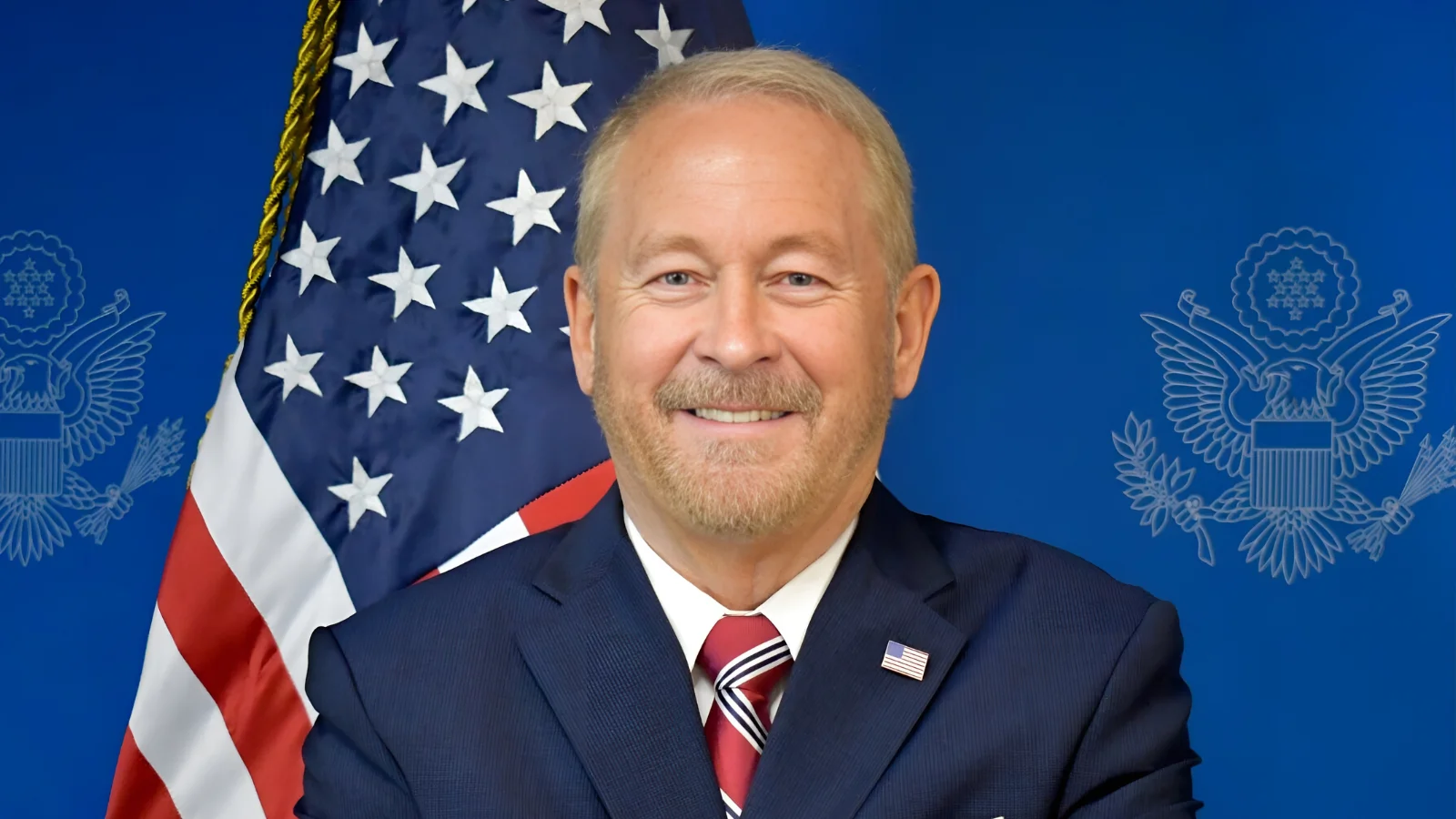The U.S. Department of the Treasury’s Office of Foreign Assets Control (OFAC) has imposed sanctions on four individuals and 13 companies in Mexico, all linked to timeshare fraud operations led by the Cartel de Jalisco Nueva Generacion (CJNG). These individuals and businesses are located in or near Puerto Vallarta, a tourist destination that has become a key base for CJNG activities.
Secretary of the Treasury Scott Bessent stated, “We are coming for terrorist drug cartels like Cartel de Jalisco Nueva Generacion that are flooding our country with fentanyl. These cartels continue to create new ways to generate revenue to fuel their terrorist operations. At President Trump’s direction, we will continue our effort to completely eradicate the cartels’ ability to generate revenue, including their efforts to prey on elderly Americans through timeshare fraud.”
The Treasury Department has been working with partners such as the Federal Bureau of Investigation (FBI), the Drug Enforcement Administration (DEA), and Mexico’s financial intelligence unit, Unidad de Inteligencia Financiera (UIF), to disrupt various sources of cartel funding. The sanctions announced today were made under Executive Orders 14059 and 13224, which target drug trafficking and terrorism.
CJNG is recognized as one of the world’s most powerful cartels. It has carried out violent attacks using military-grade weapons, drones equipped with explosives against Mexican law enforcement, and assassinations targeting officials. The group supplements its core business of drug trafficking with other criminal activities including fuel theft, extortion, and increasingly timeshare fraud.
CJNG began controlling timeshare fraud schemes in Puerto Vallarta around 2012. The scams often target older Americans who can lose significant amounts of money over years-long schemes. Cartel members gain access to personal information about U.S. timeshare owners from insiders at resorts and then pose as brokers or attorneys offering fraudulent deals. Victims are convinced to pay advance fees and taxes via international wire transfers but never receive promised payments.
According to data from the FBI https://www.ic3.gov, nearly 6,000 U.S. victims reported losing almost $300 million between 2019 and 2023 due to these schemes in Mexico. In just 2024, nearly 900 complaints were filed with losses exceeding $50 million; actual losses may be higher because many victims do not report scams.
A joint notice issued in July 2024 by FinCEN, OFAC, and the FBI outlined common features of these scams for financial institutions. In six months following this notice, over 250 Suspicious Activity Reports were filed covering approximately 1,300 transactions totaling $23.1 million sent mainly from U.S.-based individuals to Mexico.
Today’s action marks OFAC’s fifth round of sanctions related to CJNG’s timeshare fraud activities since March 2023. Over 70 individuals and entities have now been designated.
Among those sanctioned are senior CJNG members Julio Cesar Montero Pinzon (Montero), Carlos Andres Rivera Varela (Rivera), Francisco Javier Gudino Haro (Gudino), all involved both in orchestrating frauds and violent enforcement actions for CJNG in Puerto Vallarta.
Another individual sanctioned is Michael Ibarra Diaz Jr., described as a businessman active in tourism who allegedly used his professional skills—including accounting—to support CJNG’s complex fraud operations over two decades.
Ibarra’s network includes thirteen companies spanning real estate services, travel agencies, tour operators, automotive services, and an accounting firm—all now subject to sanctions for being owned or controlled by Ibarra.
As a result of these measures, all property belonging to those designated that falls under U.S jurisdiction is blocked; U.S persons are generally prohibited from engaging in transactions involving these parties unless authorized by OFAC regulations or license.
Violations can lead to civil or criminal penalties for both U.S. and foreign persons found facilitating transactions with blocked parties or entities owned at least fifty percent by them. Financial institutions could also face secondary sanctions if they knowingly conduct significant transactions on behalf of designated persons.
OFAC states that while it maintains its authority through adding names to its Specially Designated Nationals list (SDN List), it also considers removal requests consistent with law when behavior changes occur: “The ultimate goal of sanctions is not to punish, but to bring about a positive change in behavior.”
More information on today’s designations can be found through official Treasury resources online.





